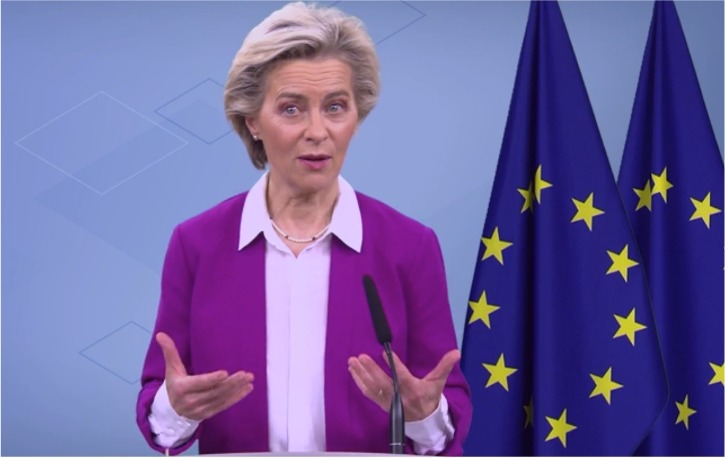
The European Commission has introduced two new acts, the Net-Zero Industry Act and the Critical Raw Materials Act, with the aim of ensuring that Europe can compete with the United States and China in the production of clean technology and the acquisition of raw materials needed for the green transition. The Acts are part of the Green Deal Industrial Plan, which is designed to make sure that the bloc is not just a leader in reducing carbon emissions, but also a front-runner in the technology required to achieve that goal.
One of the main challenges in the supply of minerals vital for the green transition is that China processes almost 90% of rare earths and 60% of lithium, a key element for batteries. This has led to concerns about over-reliance on a small number of partners, which is not a stable or reliable way to build the industries of the future. As a result, the European Commission has set a new requirement that no more than 65% of any key raw material should come from a single third country.
The European Commission recognises that the EU is not a resource-rich continent and that for many materials, Europe relies on a small number of partners. The COVID-19 pandemic and Russia’s invasion of Ukraine have highlighted the fact that the EU cannot rely on a single supplier for essential materials. To address this issue, the EU executive has proposed recognising plans to mine or process raw materials as “strategic projects”, which would allow them to benefit from streamlined permits and access to financing.
The EU plans to expand its network of partnerships with countries such as Australia, Canada, and Chile. Jochen Eickholt, the CEO of Siemens Gamesa, the world’s largest maker of offshore turbines, has welcomed the Critical Raw Materials Act, which he believes has the potential to foster responsible mining supply chains needed for European industry. However, some industry groups have expressed concerns about the proposals, calling for more detail on financial support and flexible rules to support growth.
The EU also aims to produce at least 40% of the products it needs for “net-zero” technologies, such as solar power or fuel cells, by 2030. This will be partly achieved by streamlining the granting of permits for green projects. Additionally, the bloc has set a goal of carbon capture of 50 million tonnes by 2030. Carbon capture is one of a list of “net zero” technologies the EU recognises, along with advanced nuclear processes.
While the proposals have been broadly welcomed, some industry groups have called for more detail on financial support and flexible rules to support growth. BusinessEurope described the proposals as of “limited scope” and called for the EU to acknowledge that the decarbonisation of Europe is a priority for the whole economy.
WindEurope said that the proposals failed to explain what financial support the EU would offer to massively scale up turbine manufacturing or how governments would use the new flexible rules to support this.
Colin Mackey, head of European operations at miner Rio Tinto, welcomed the critical raw materials act, but said that there was a long way to go to meet anticipated demand. Swedish mining and smelting group Boliden said that Europe needed much work to improve from a poor starting point and that major projects for copper and nickel were a priority.
The European Commission’s new acts reflect its determination to ensure that Europe can compete with the United States and China in the production of clean technology and the acquisition of raw materials needed for the green transition.
By introducing the Net-Zero Industry Act and the Critical Raw Materials Act, the EU aims to reduce over-reliance on a small number of partners and diversify its supply of key raw materials. The bloc also aims to produce at least 40% of the products it needs for net-zero technologies by 2030 and to capture 50 million
